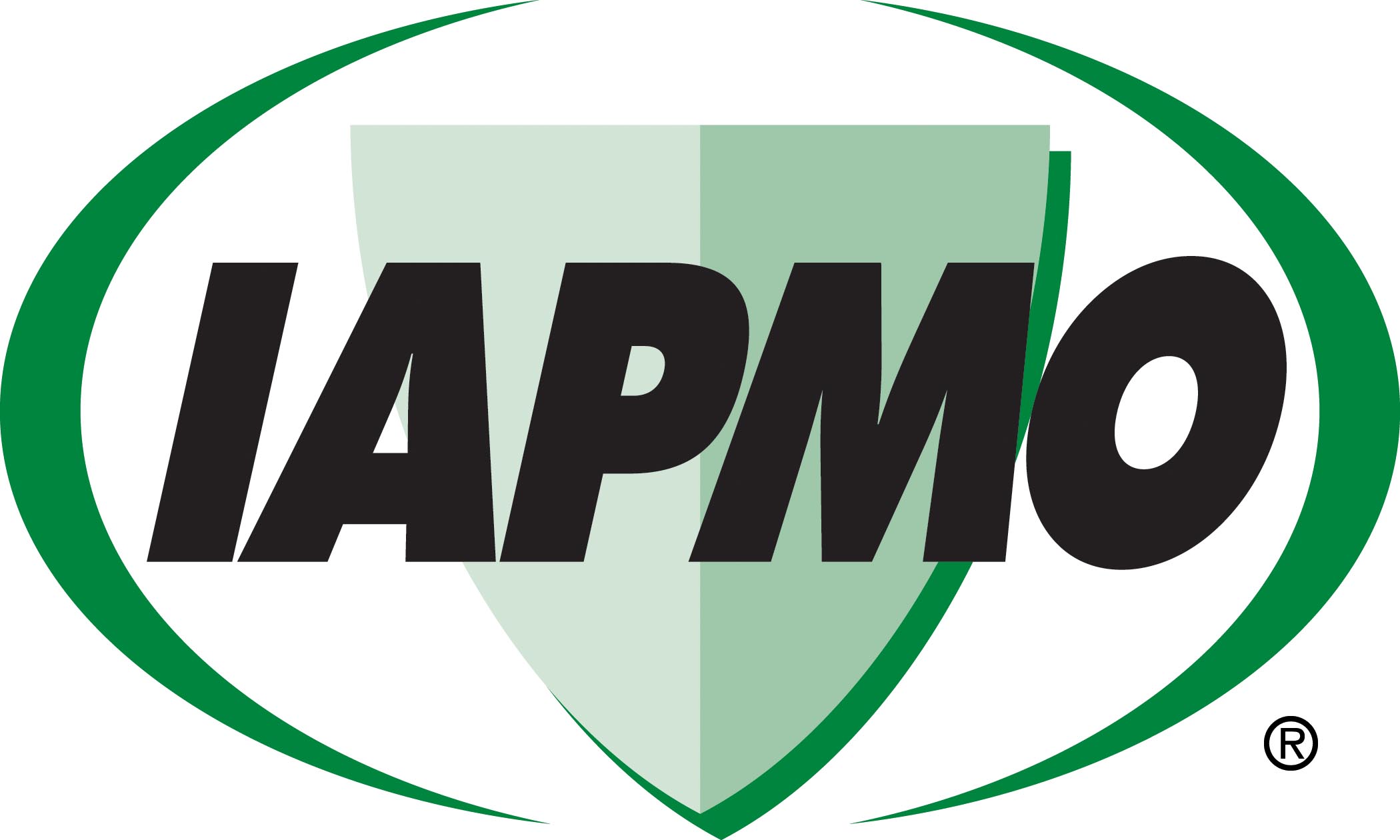WASHINGTON — The U.S. Environmental Protection Agency (EPA), supported by state and local governments, the private sector, communities, and academia, is kicking off its eleventh annual SepticSmart Week. SepticSmart week 2023 encourages homeowners, wastewater professionals, and local officials to design and maintain effective septic systems to help serve their communities. Visit www.epa.gov/septic to learn more.
Organizations and individuals wishing to promote SepticSmart Week 2023 are encouraged to create public awareness about the event and share helpful tips, such as:
- Think at the Sink!: What goes down the drain has a big impact on your septic system. Fats, grease, and solids can clog a system’s pipes and drainfield.
- Don’t Overload the Commode!: A toilet is not a trash can. Disposable diapers and wipes, feminine hygiene products, coffee grounds, cigarette butts, and cat litter can damage a septic system.
- Don’t Strain Your Drain!: Use water efficiently and stagger use of water-based appliances. Too much water use at once can overload a system that hasn’t been pumped recently.
- Shield Your Field!: Tree and shrub roots, cars, and livestock can damage your septic drainfield.
- Keep It Clean!: Contamination can occur when a septic system leaks due to improper maintenance. Be sure your drinking water is safe to drink by testing it regularly.
- Protect It and Inspect It!: Regular septic system maintenance can save homeowners thousands of dollars in repairs and protect public health.
- Pump Your Tank!: Ensure your septic tank is pumped at regularly intervals as recommended by a professional and/or local permitting authority.
SepticSmart Week 2023 encourages homeowners, wastewater professionals, and state, tribal, and local officials to promote workforce development in the septic industry through training and educational opportunities. Be part of the solution by visiting www.epa.gov/septic/decentralized-wastewater-treatment-workforce for an abundance of resources and information.
Background:
More than one-fifth of U.S. households utilize an individual onsite (septic) system or small community cluster septic system to treat their wastewater. These systems treat and dispose of relatively small volumes of wastewater and include a wide range of individual and cluster treatment options to process household and commercial sewage. These systems go by such names as septic, decentralized wastewater treatment, cluster, package plants, on-lot, individual sewage disposal, and private sewage.
Onsite systems provide a cost-effective, long-term option for treating wastewater, particularly in sparsely populated areas. When properly installed, operated, and maintained, these systems help protect public health, preserve valuable water resources, and maintain a community’s economic vitality.
EPA’s SepticSmart initiative is a nationwide public education effort offering educational resources to homeowners, local organizations, and government leaders to explain how septic systems work and provide tips on how to properly maintain them.

IAPMO
IAPMO develops and publishes the Uniform Plumbing Code®,the most widely recognized code of practice used by the plumbing industry worldwide; Uniform Mechanical Code®; Uniform Swimming Pool, Spa and Hot Tub Code®; and Uniform Solar Energy, Hydronics and Geothermal Code™ — the only plumbing, mechanical, solar energy and swimming pool codes designated by ANSI as American National Standards — and the Water Efficiency Standard (WE-Stand)™. IAPMO works with government, contractors, labor force, and manufacturers to produce product standards, technical manuals, personnel certification/educational programs and additional resources in order to meet the ever-evolving demands of the industry in protecting public health and safety.
Last modified: September 15, 2023


A Noble and sincere efforts is being encouraged by EPA.
Instead of concentrating more on Septic tank related issues, we need to educate the public about various ways of reducing the waste.
For an Example: In southern part of India, in most of the weddings, they serve food on a plantain leaf. They simply cut the leaves of a plantain tree without thinking about the damage to the nature.
The food can be served in a reusable metallic plate.
Moreover, the food and Biodegradable wastes can be converted to Biogas or BioCNG by segregation of Biodegradable waste from the Municipal Solid Waste.
All the above processes require funds and manpower to provide these services.
We are making constant efforts to make this a successful project, but the financiers are looking for a hefty returns for their investment.
If EPA comes forward to help us, we can take up such projects immediately.
Thanks and Regards,
G.Mohana Prakasa,
Managing Director
Pavo Power Engg Pvt Ltd,
Chennai,
India.
Contact No: +91 9884842590
Mail: mohanaprakasa.g@pavopower.com
Or
mohanaprakasa@gmail.com